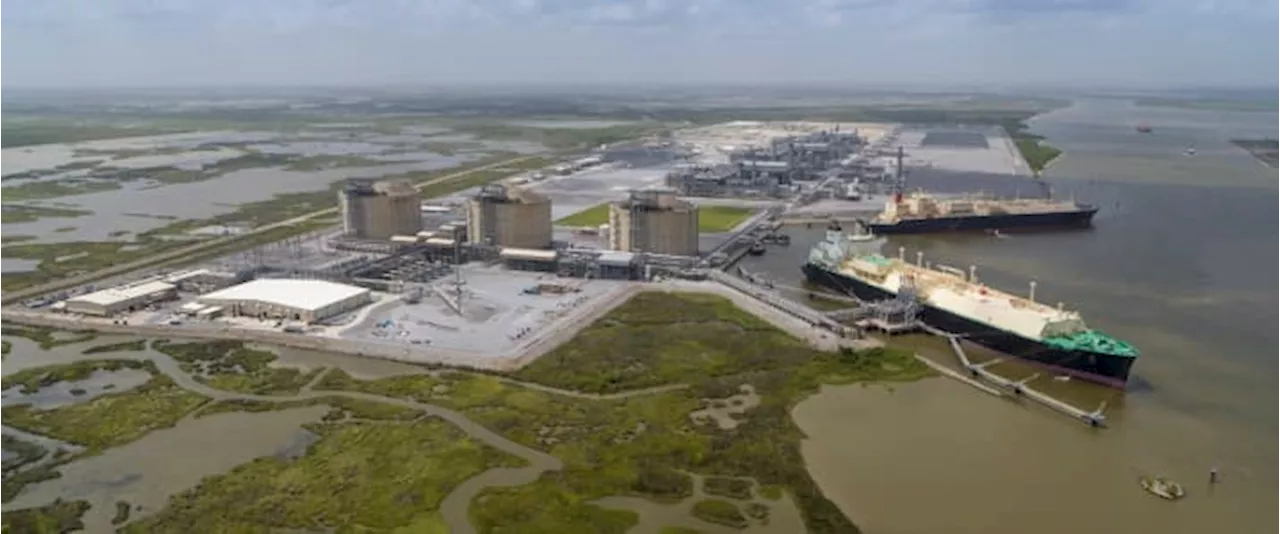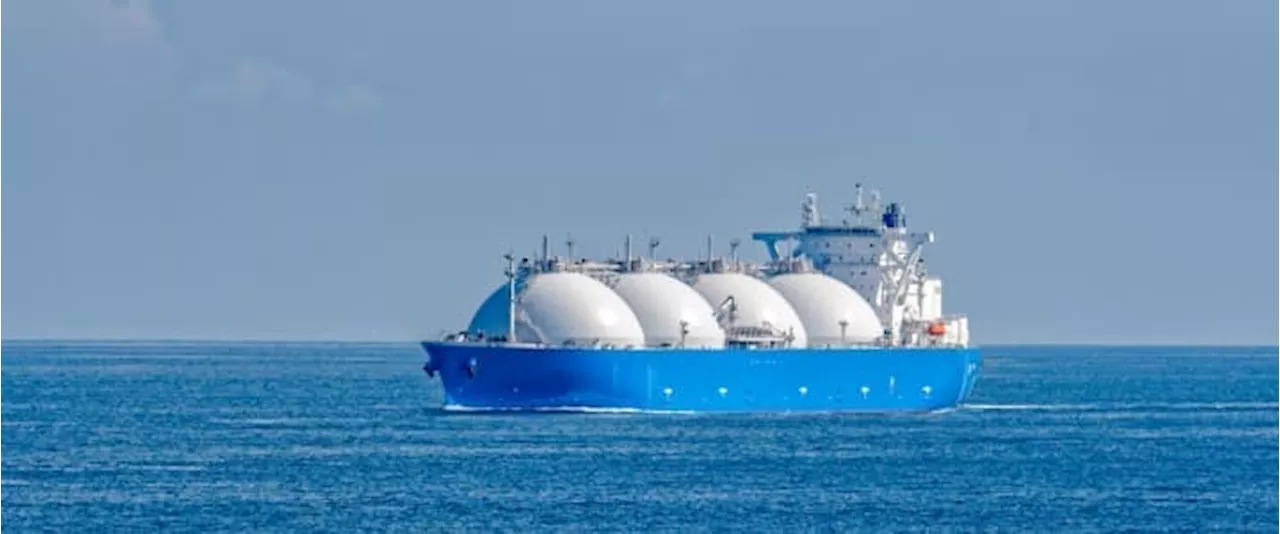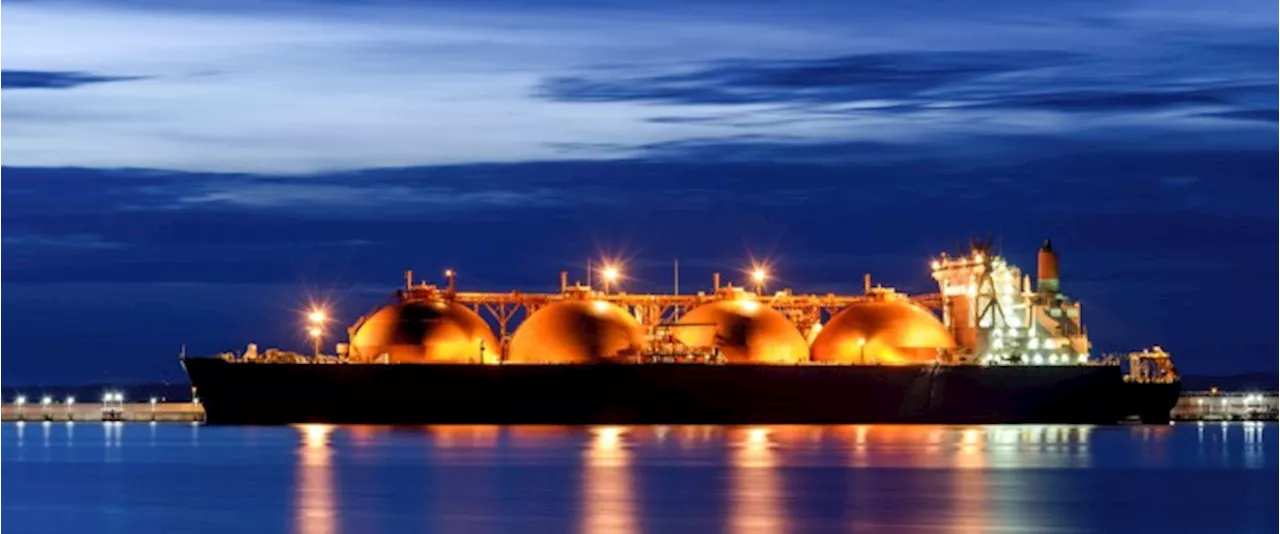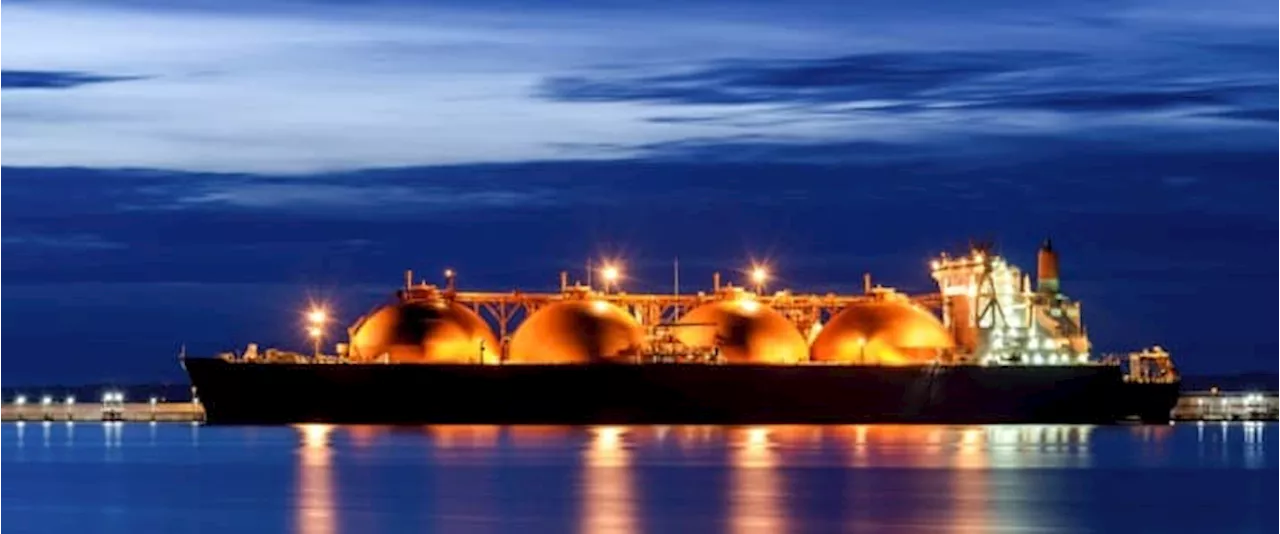Deutsche ReGas, a German LNG import terminal firm, has canceled a floating storage regasification unit (FSRU) citing financial losses due to competition from a state-subsidized company. The company blames Deutsche Energy Terminals (DET) for offering services at lower prices, making it difficult for ReGas to compete. Despite the cancellation, ReGas emphasizes its readiness to address potential supply bottlenecks and maintains communication with the German government on this matter.
Germany ’s Deutsche ReGas, the LNG import terminal firm, has canceled a floating storage regasification unit used for a year, saying it was losing money on the investment, the Maritime Executive reported. The facility in question is a floating regasification unit named Energos Power with a capacity of 174,000 cubic meters daily which was installed at the port of Mukran in February last year.
“DET's ruinous pricing policy since December 2024 is one of several reasons for terminating the sub-charter contract. Deutsche ReGas regrets having to take this step,” Deutsche ReGas managing partner Ingo Wagner said, as quoted by the Maritime Executive. According to the company, LNG import terminals are being underutilized. “We continue to be in close contact with the federal government on this matter.
LNG Germany Competition Subsidies Energy Market
United Kingdom Latest News, United Kingdom Headlines
Similar News:You can also read news stories similar to this one that we have collected from other news sources.
 TotalEnergies to Boost US LNG InvestmentsTotalEnergies, the largest U.S. LNG exporter, plans to increase investments in American LNG supply and explore expansion opportunities for its existing projects. The French energy giant, already the world's second-largest LNG trader, aims to strengthen its U.S. position through potential investments in Cameron LNG's fourth train and Rio Grande LNG's production facilities. This move follows TotalEnergies' recent acquisition of a stake in dry gas assets in Texas, further integrating its gas value chain in the U.S. CEO Patrick Pouyanne believes U.S. LNG exports, while potentially impacting domestic prices, are not the primary driver of inflation, citing infrastructure limitations as a bigger factor.
TotalEnergies to Boost US LNG InvestmentsTotalEnergies, the largest U.S. LNG exporter, plans to increase investments in American LNG supply and explore expansion opportunities for its existing projects. The French energy giant, already the world's second-largest LNG trader, aims to strengthen its U.S. position through potential investments in Cameron LNG's fourth train and Rio Grande LNG's production facilities. This move follows TotalEnergies' recent acquisition of a stake in dry gas assets in Texas, further integrating its gas value chain in the U.S. CEO Patrick Pouyanne believes U.S. LNG exports, while potentially impacting domestic prices, are not the primary driver of inflation, citing infrastructure limitations as a bigger factor.
Read more »
 Trump Urges EU to Buy More US LNG to Avoid TariffsMichael Lewis, CEO of German energy giant Uniper, told Reuters that additional purchases of US LNG from the European Union would ease global natural gas market tightness and reduce prices for German consumers and industries. Lewis stated that increased US LNG exports to Europe would lower global gas prices, benefiting German households and businesses. This follows President Trump's recent urging of the EU to buy more American oil and gas to avoid tariffs.
Trump Urges EU to Buy More US LNG to Avoid TariffsMichael Lewis, CEO of German energy giant Uniper, told Reuters that additional purchases of US LNG from the European Union would ease global natural gas market tightness and reduce prices for German consumers and industries. Lewis stated that increased US LNG exports to Europe would lower global gas prices, benefiting German households and businesses. This follows President Trump's recent urging of the EU to buy more American oil and gas to avoid tariffs.
Read more »
 Japan May Back Alaska LNG Project to Avoid Trump TariffsJapan is considering backing a $44 billion gas pipeline and LNG export project in Alaska to avoid President Trump's tariffs on countries that don't buy more U.S. energy. Japan, the world's second-largest LNG importer, is exploring possible commitments to buy more U.S. LNG. President Trump may raise the Alaska LNG project at a meeting with Japanese Prime Minister Shigeru Ishiba.
Japan May Back Alaska LNG Project to Avoid Trump TariffsJapan is considering backing a $44 billion gas pipeline and LNG export project in Alaska to avoid President Trump's tariffs on countries that don't buy more U.S. energy. Japan, the world's second-largest LNG importer, is exploring possible commitments to buy more U.S. LNG. President Trump may raise the Alaska LNG project at a meeting with Japanese Prime Minister Shigeru Ishiba.
Read more »
 GAIL India Revives Plans to Secure U.S. LNG SupplyGAIL India, India's largest natural gas distributor, is restarting its efforts to secure long-term U.S. liquefied natural gas (LNG) supplies. The company will either acquire a stake in an American LNG export project or enter into a long-term offtake agreement, according to a top GAIL India official. This decision follows the Trump Administration's move to lift the pause on LNG permitting, which was previously enacted by the Biden administration. GAIL India's previous plans to invest in U.S. LNG projects were halted in 2024 due to the Biden administration's policy.
GAIL India Revives Plans to Secure U.S. LNG SupplyGAIL India, India's largest natural gas distributor, is restarting its efforts to secure long-term U.S. liquefied natural gas (LNG) supplies. The company will either acquire a stake in an American LNG export project or enter into a long-term offtake agreement, according to a top GAIL India official. This decision follows the Trump Administration's move to lift the pause on LNG permitting, which was previously enacted by the Biden administration. GAIL India's previous plans to invest in U.S. LNG projects were halted in 2024 due to the Biden administration's policy.
Read more »
 EU Considers Gradual Ban on Russian LNG ImportsThe European Union is reportedly drafting a 16th sanctions package against Russia that could include a gradual phase-out of imports of liquefied natural gas (LNG). This comes after a significant increase in EU LNG imports from Russia in recent months. While the EU has stopped importing pipeline gas from Russia, LNG imports have risen to 20% of the bloc's total LNG imports in the first nine months of 2024.
EU Considers Gradual Ban on Russian LNG ImportsThe European Union is reportedly drafting a 16th sanctions package against Russia that could include a gradual phase-out of imports of liquefied natural gas (LNG). This comes after a significant increase in EU LNG imports from Russia in recent months. While the EU has stopped importing pipeline gas from Russia, LNG imports have risen to 20% of the bloc's total LNG imports in the first nine months of 2024.
Read more »
 EU Tightens Noose on Russia, Targeting LNG ExportsThe European Union (EU) is taking steps to significantly impact Russia's war economy by targeting its lucrative liquefied natural gas (LNG) exports. While previous sanctions have focused on Russia's oil and military production, new measures aim to curtail Moscow's ability to profit from LNG sales, which have remained largely unaffected despite the conflict in Ukraine. This shift in strategy is driven by several factors, including the re-election of Donald Trump as US president, a global surge in LNG production, and growing pressure to hold Putin accountable for the war. The EU is considering a phased reduction in its reliance on Russian LNG, alongside additional sanctions targeting aluminum imports, Russian banks, and oil tankers. However, the plan faces challenges, including political divisions within the EU and the potential for complications arising from a US-EU trade war. Furthermore, existing loopholes, such as EU shipyards maintaining Russian LNG tankers, could undermine the effectiveness of these measures.
EU Tightens Noose on Russia, Targeting LNG ExportsThe European Union (EU) is taking steps to significantly impact Russia's war economy by targeting its lucrative liquefied natural gas (LNG) exports. While previous sanctions have focused on Russia's oil and military production, new measures aim to curtail Moscow's ability to profit from LNG sales, which have remained largely unaffected despite the conflict in Ukraine. This shift in strategy is driven by several factors, including the re-election of Donald Trump as US president, a global surge in LNG production, and growing pressure to hold Putin accountable for the war. The EU is considering a phased reduction in its reliance on Russian LNG, alongside additional sanctions targeting aluminum imports, Russian banks, and oil tankers. However, the plan faces challenges, including political divisions within the EU and the potential for complications arising from a US-EU trade war. Furthermore, existing loopholes, such as EU shipyards maintaining Russian LNG tankers, could undermine the effectiveness of these measures.
Read more »
